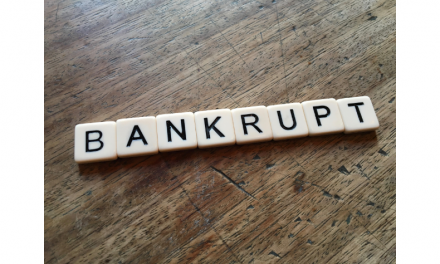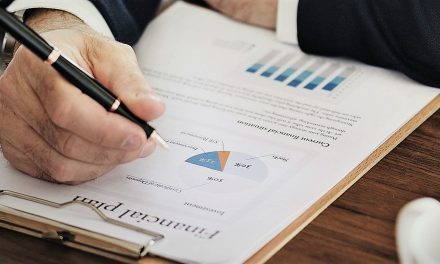
Analysis of the draft Act amending the Bankruptcy Act and certain other Acts

Another “major amendment” to the Bankruptcy Act, prepared by the Ministry of Justice, is aimed primarily at streamlining bankruptcy proceedings. After groundbreaking amendments made in 2014-2016, an attempt was made to identify key areas requiring intervention by the legislator.
Need for revision
The proposed amendments are intended to respond to the main problem of insolvency proceedings, which is the long duration of proceedings. The shortening of the proceedings is therefore intended to reduce the costs of the proceedings. The changes will cover first of all the entrepreneurs running a sole proprietorship. According to the explanatory memorandum of the act, the entire amendment is aimed at better protection of debtors while safeguarding the interests of creditors. The changes aim at relieving the workload of Commissioners’ judges and employees of the secretariats of the bankruptcy departments and, as a result, lead to a significant increase in the competences of the receiver.
Amendments to the general insolvency procedure
One of the basic assumptions of the amendment to the Act is to unify the objectives of bankruptcy proceedings conducted in relation to natural persons. The draft provides for a wide range of possibilities of debt relief, regardless of whether the proceedings are conducted against an entrepreneur or against a natural person not conducting business activity. According to the draft, the right to debt relief will also be granted to natural persons who have deliberately or grossly negligently filed for bankruptcy. The sanction in this case will be to extend the period during which they will have to pay their creditors back to a maximum of seven years. An important change for failed entrepreneurs will also be the possibility to separate an appropriate amount of money from the sale of an apartment to satisfy its housing needs (as in the case of “consumer” proceedings).
The proposed draft provides for simplification and acceleration of the procedure for filing claims, inter alia, through the necessity for the applicant to provide a bank account number. Most importantly, creditors will no longer apply to the official receiver, but directly to the receiver. It was also expressly indicated that the filing of the claim interrupts the limitation period. It is also aimed at dispelling doubts as to the use of the so-called pre-pack, in particular as to its applicability to the so-called consumer bankruptcy.
Amendments concerning non-business natural persons
It seems that the most important changes for the economic turnover will be made within the so-called “consumer” bankruptcy. As announced by the Ministry of Justice, the project is a further step towards the liberalisation of the procedure for the debt relief of natural persons not conducting business activity. The changes are to a large extent analogous to those envisaged for entrepreneurs. An important change is the introduction of the possibility of debt relief for natural persons at the moment of issuing a decision on declaring their bankruptcy. This institution will be accessible to people who do not have any assets and whose life situation makes it permanently impossible for them to repay their creditors. At the same time, the issuance of such a decision will be preceded by a detailed examination of the debtor’s situation by a temporary judicial supervisor.
Apart from the changes increasing access to bankruptcy, the amendment also introduces a number of organisational changes aimed at streamlining the work of bankruptcy departments and receivers. Among them, the following are worth noting: the possibility to perform the function of a judge-commissary by a court registrar or the possibility to grant a receiver an advance on remuneration, during the proceedings. It seems that the proposed changes will contribute to a further increase in the number of “consumer” insolvencies, and thus to a significant improvement in the situation of persons permanently insolvent. The question remains, however, whether this will not be at the expense of their creditors.













